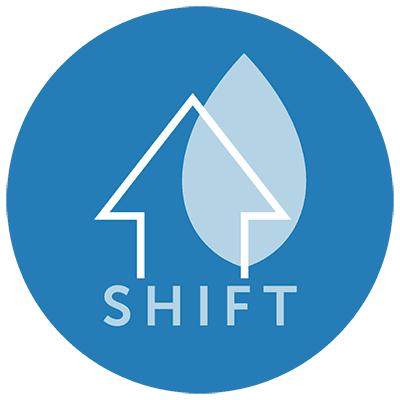
Background
We had a fascinating meeting with innovative off-site home builder Agile Homes. They shared with us some of their great innovations. Here’s what they told us about their approach to the Future Homes Standard, flexible “needs-led” design and a novel approach to gaining planning permission.
Future Homes Standard
Agile’s homes are sustainable by design. Our twin objectives of solving the housing crisis and the climate crisis are baked into our way of working. Creating homes that don’t just accommodate – but ensure occupants can flourish, is what makes us tick. Our minimum specification is beyond Future Homes Standard; and we can future-proof every aspect of the home and local environment for resilience, affordability and wellbeing. Agile’s homes are designed to minimise waste, drive performance and significantly reduce the carbon footprint; and even monetise the benefits by offering carbon and social value trading. Not only can the carbon locked into the buildings be traded, but by delivering via the Prisoners Building Homes programme, deep social value is truly investable too.
Needs-led design
Agile Homes has a transformative approach to the delivery of social, affordable and supported living. Our homes respond to the ever-evolving and complex needs of their inhabitants. We call this needs-led design, recognising that nearly half of all social households will have at least one person with a mental or physical need that could require adaptation. The traditional view of building according to the number of bedrooms is woefully outdated when homes are rarely defined solely by bed occupancy. Today we have diverse households from multi-generational families, downsizers, those with formal or informal caring responsibilities, single parents, care or prison leavers and those living with physical or mental health complexities. Too often new homes built by traditional developers undergo wasteful and expensive retrofits to make them occupant-ready when they could be designed to be fit-for-purpose at the outset. Standard appraisals simply do not work for organisations like housing associations or supported living providers with retained assets. Not only is the home configuration vital but retained assets must be appraised differently as up-front ‘savings’ inevitably create long-term costs and liabilities. We need a new way of thinking and partnering to ensure high quality, robust, truly sustainable and healthy homes become the default.
Agile Homes stands at the intersection of architecture, technology, human-centric design and new thinking of finance. Working in close partnership with local authorities, housing associations, social care providers these homes pave the way for resilient, responsive, and truly sustainable living.
Gaining planning permission
Agile has had considerable success in unlocking small or difficult sites and welcomes enquiries, especially if clients can aggregate demand to provide critical mass. For sites of 1-9 homes, Permission in Principle (PiP) is a very powerful planning device that is far cheaper than a pre-app and will provide permission within five weeks, so it’s very useful for sites that want certainty before proceeding to detailed planning.
Next steps
If you are interested in discussing any of the topics noted above, please get in touch with: Sarah Daly, Head of Strategic Partnerships & Sustainable Communities, [email protected] www.agile.property
